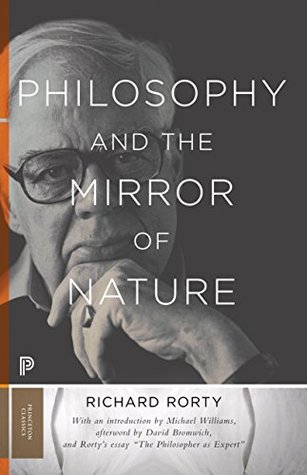As to “vision,” of course, this is fairly obvious: what is demanded of a philosopher is that he should be able to see what is presupposed by asking a certain question that other philosophers (or scientists, or people at large) have been in the habit of asking. Having seen this, his contribution to the dialogue is to raise a new question about whether this presupposition is justified. It is this “seeing through” the unexpressed assumptions of a previous philosophy, or of a culture, or of some particular discipline, that sets apart a Kant, a Kierkegaard, a Whitehead, or a Wittgenstein. This is
...more
Welcome back. Just a moment while we sign you in to your Goodreads account.


